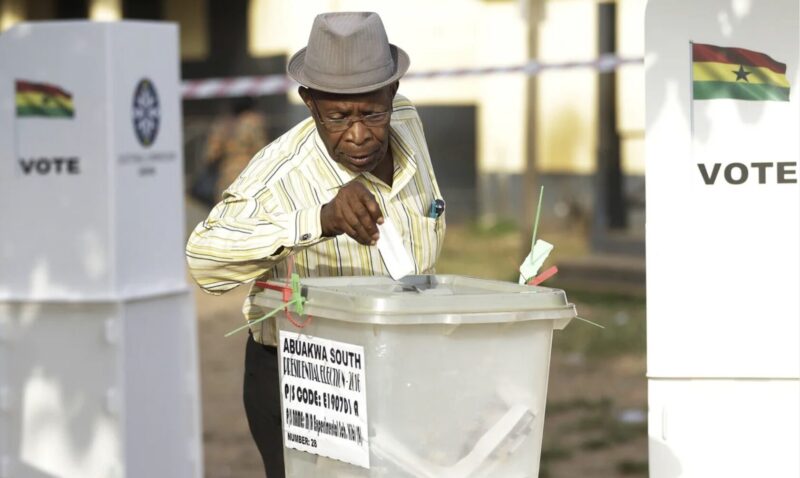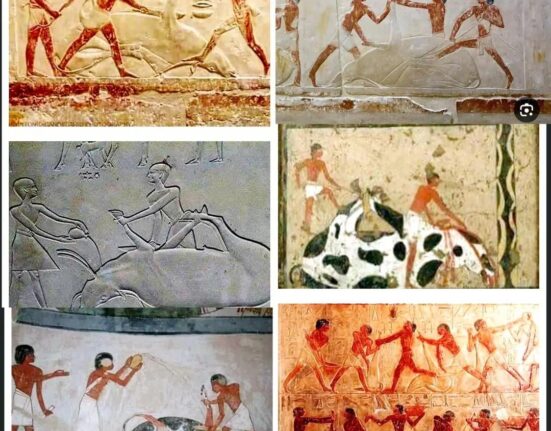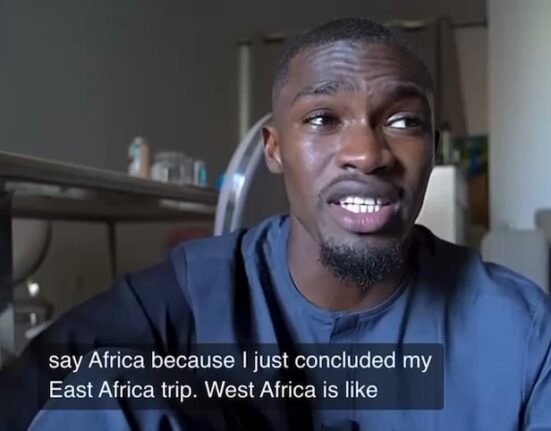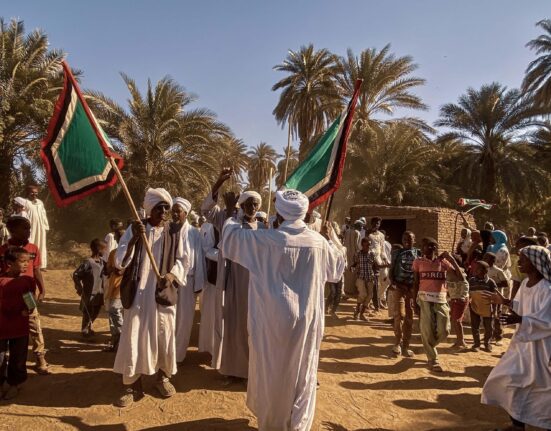Ghana, a shining beacon of democracy in Africa, has long been lauded for its robust governance system. With a foundation rooted in free and fair elections, peaceful transitions of power, and active citizen engagement, the country stands out as a model for others to emulate. However, the strength of Ghana’s democracy is not solely dependent on the ruling party but also on the vigilance and effectiveness of the opposition parties.
The role of opposition parties in safeguarding Ghana’s democracy cannot be understated. They serve as a crucial check on the government, holding those in power accountable and ensuring that the voices of all citizens are heard. By providing alternative viewpoints, proposing policy alternatives, and challenging the status quo, opposition parties play a vital role in fostering a healthy democratic system.
One key aspect that opposition parties in Ghana must focus on is unity. Often fragmented along ideological or personal lines, opposition parties can struggle to present a cohesive front against the ruling party. By setting aside differences and working towards a common goal of upholding democratic principles, opposition parties can amplify their impact and increase their effectiveness in holding the government accountable.
Moreover, opposition parties must prioritize building strong grassroots support and engaging with citizens at the local level. By connecting with communities, understanding their concerns, and advocating for policies that address their needs, opposition parties can build a solid foundation of support that transcends political rhetoric. This grassroots approach not only strengthens the party’s legitimacy but also ensures that the voices of ordinary Ghanaians are reflected in the political discourse.
To navigate the complex landscape of Ghanaian politics, opposition parties must also embrace technology and innovative communication strategies. In a digital age where information spreads rapidly, leveraging social media, data analytics, and online platforms can help opposition parties reach a wider audience, mobilize supporters, and counter disinformation campaigns. By harnessing the power of technology, opposition parties can level the playing field and compete more effectively with the resources of the ruling party.
Expert analysts emphasize the importance of strategic alliances and coalitions among opposition parties to enhance their electoral prospects. By forming alliances based on shared values and goals, opposition parties can pool resources, consolidate support, and present a united front during elections. This collaborative approach not only increases the chances of electoral success but also strengthens the overall democratic landscape by promoting inclusivity and diversity in political representation.
Looking ahead, the future of Ghana’s democracy hinges on the ability of opposition parties to adapt to changing dynamics and emerging challenges. From addressing economic inequality and social justice issues to combating corruption and promoting transparency, opposition parties must remain vigilant and proactive in advocating for the interests of the people. By staying true to their democratic principles and engaging with citizens in a meaningful way, opposition parties can safeguard Ghana’s envious democracy for generations to come.
In conclusion, the resilience and vibrancy of Ghana’s democracy rest on the shoulders of both the ruling party and the opposition parties. As guardians of democratic values, opposition parties must uphold their duty to hold the government accountable, champion the voices of the marginalized, and work towards a more inclusive and equitable society. By embracing unity, grassroots engagement, technological innovation, strategic alliances, and a steadfast commitment to democratic ideals, opposition parties in Ghana can not only safeguard the country’s democracy but also inspire positive change across the African continent.









Leave feedback about this